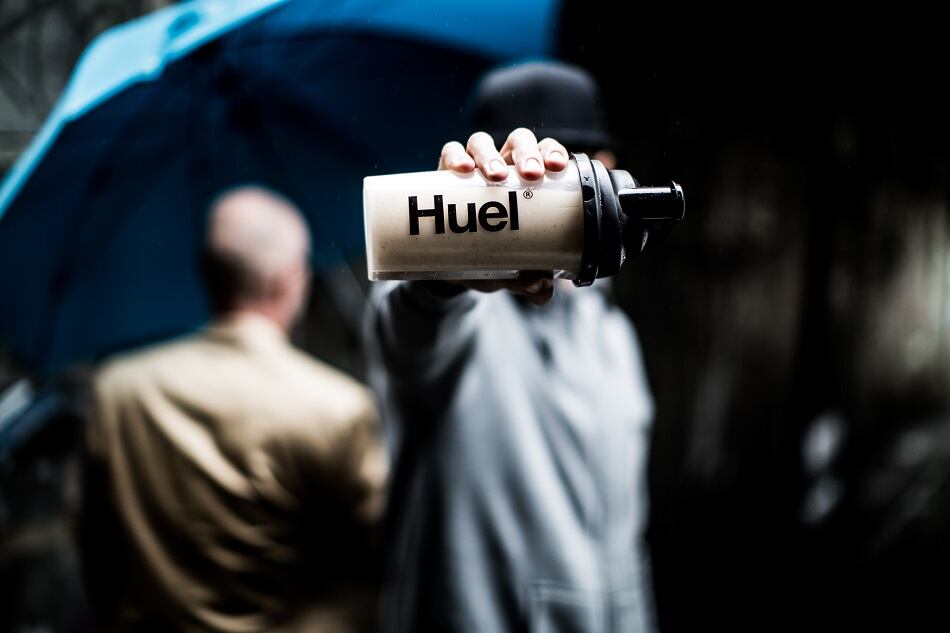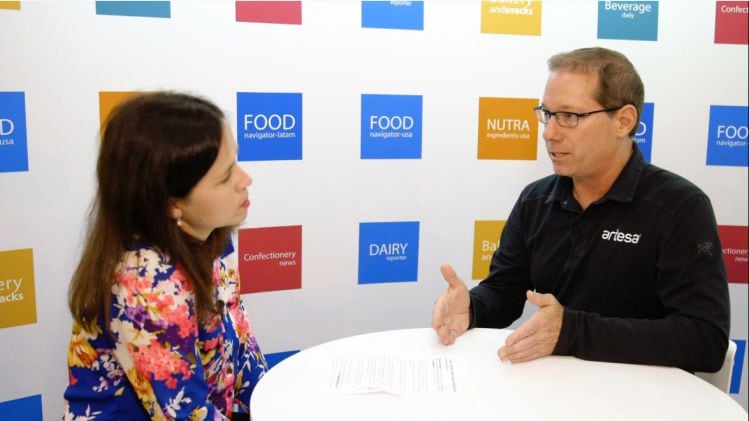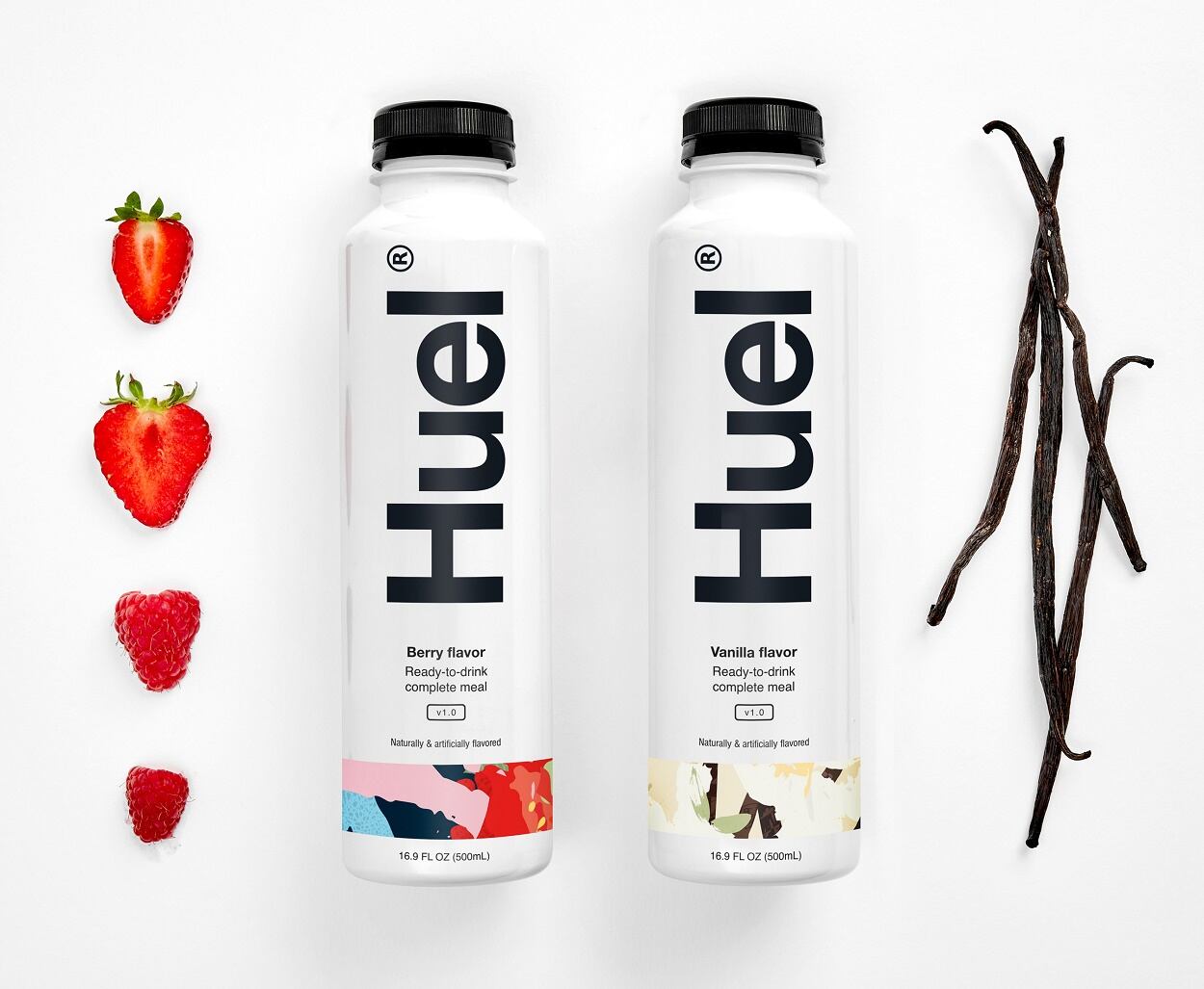"Our first year (2017) in the US we did $10m, last year we did $19m, and this year we’re on track to do about $27m," Hearn told FoodNavigator-USA.
Available in over 80 countries including its home UK market, Hearn said that the company is placing an increased focus on the US market by expanding teams in its New York and LA offices and launching new products in the US first.
"In the past we’ve been very focused on the UK and Europe, but we want to a better job in America, so we’re thinking America first," Hearn said. Huel's ready-to-drink (RTD) chocolate beverage flavor, for example, was launched last week in the US first, two weeks before introducing the product to the UK market.
Customer base: 'It’s more about what your attitudes are than your age'
Available direct-to-consumer online, Huel says its products can serve as a cost-effective meal replacement because of the substantial amount of calories (400 calories) and high amounts of protein, fiber, vitamins, and nutrients per servings and costs roughly $1.95 per meal (as a bulk order). From a global perspective, Huel has achieved 150% year-over-year customer growth. It has sold over 50,000 meals per day worldwide, surpassing 50 million meals in its four years on the market.
Because of its straightforward, simple approach to nutrition, Huel has grown popular among those working in the tech field.
"We over-index in IT and technology workers, because I think they’re used to being early adopters of technology and they’re quite logical in the way they approach things and Huel is an extremely logical [product]," Hearn said.
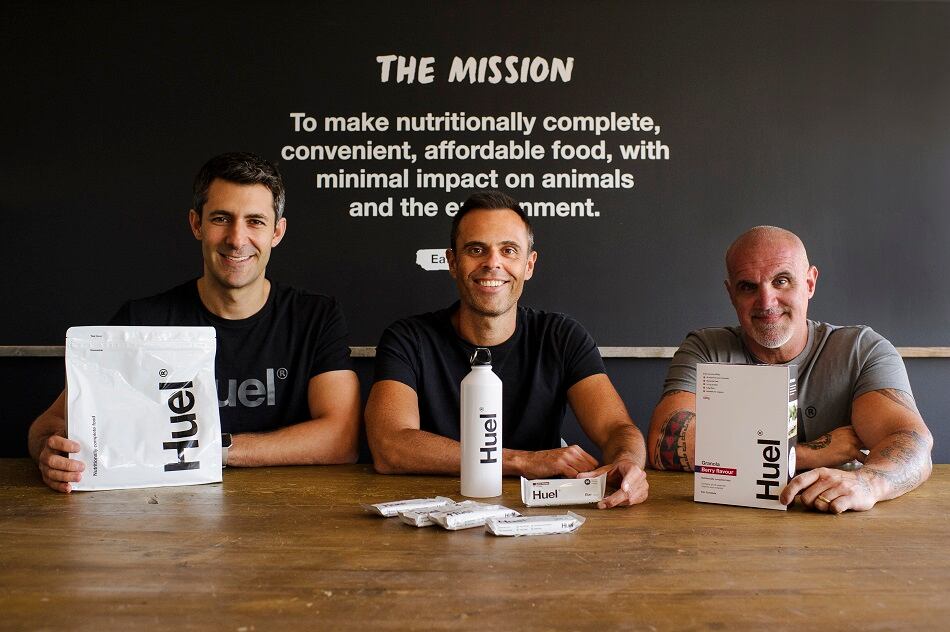
Looking purely at the numbers, Huel sells more to men than women (75% vs. 25%) who range from stressed out students to investment bankers and truck drivers.
"It’s more about what your attitudes are than your age demographics. So, what we find is people who are health conscious and very short of time is our primary driver," said Hearn.
Seeking constant improvement
According to Hearn, Huel's approach to product development and innovation is about constantly tweaking its current products to improve the nutrient profile, taste, and texture.
"We’ve got some iterations coming and we’ve got some exciting products in the pipeline but we want to try and keep that product range simple for customers," he said. "What we want to do is keeping improving our products."
Huel's powder formulation, for example, has maintained the same primary ingredients (oats, pea protein, flaxseed, brown rice protein, MCT from coconut, and sunflower oil powder) but with improvements to the amounts of nutrients. The company increased the amounts of omega-3 fatty acids in its powder to 15g, giving the product a 1:1 omega-3 to omega-6 ratio. Huel also increased levels of vitamin B12.
It also swapped out its synthetic vitamin E source (DL-alpha tocopherol acetate) for a natural one ( D-alpha tocopherol acetate), the most bioavailable form of vitamin E. The improved formula also now includes a plant-based from of vitamin D3 (the form of vitamin D synthesized from sunlight).
Learn more about Huel's formulation changes.
'Powder is still very strong for us'
Its core line of powders is still the most popular product for the brand in terms of sales but its RTD beverages are a close second, according to Hearn.
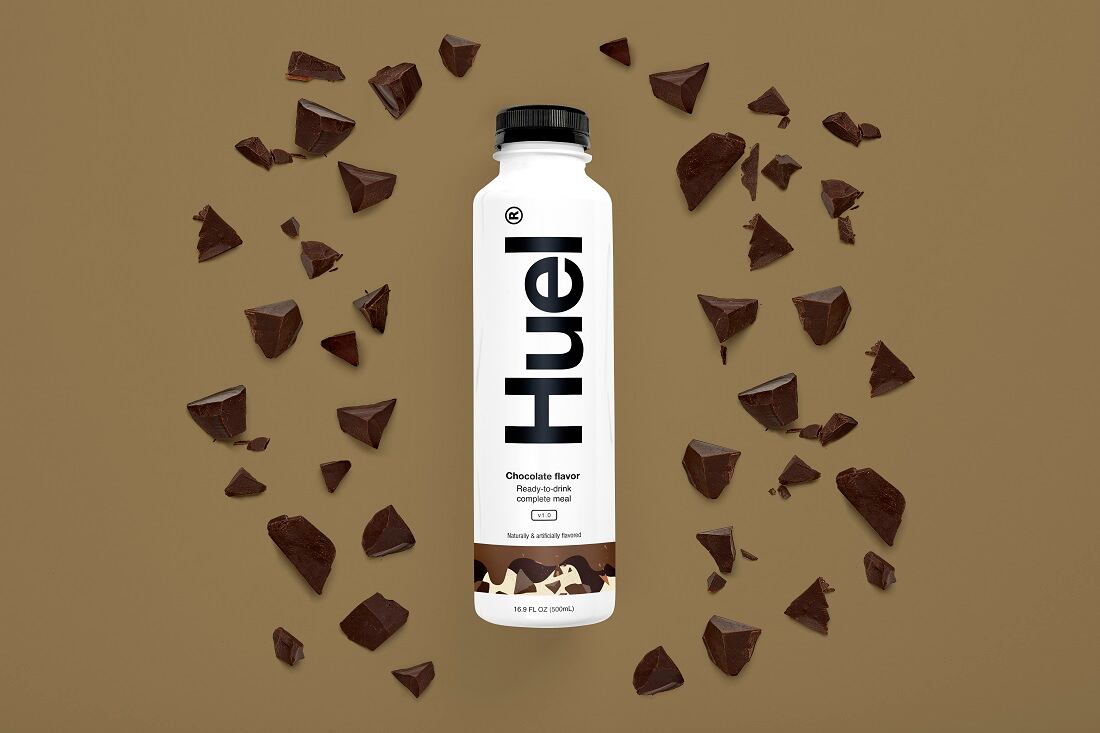
The powder is still very strong in terms of its environmental advantage.
Its powder embraces all the core tenets on which the company was founded: easy to make, nutritionally complete, plant-based, affordable, zero food waste (12 month shelf life), and environmentally friendly.
However, Hearn did acknowledge that the RTD line is more convenient for many customers.
"To some people they are preferable," he said. "They are more convenient and they would be ideal for retail at some point this year...maybe next year."

